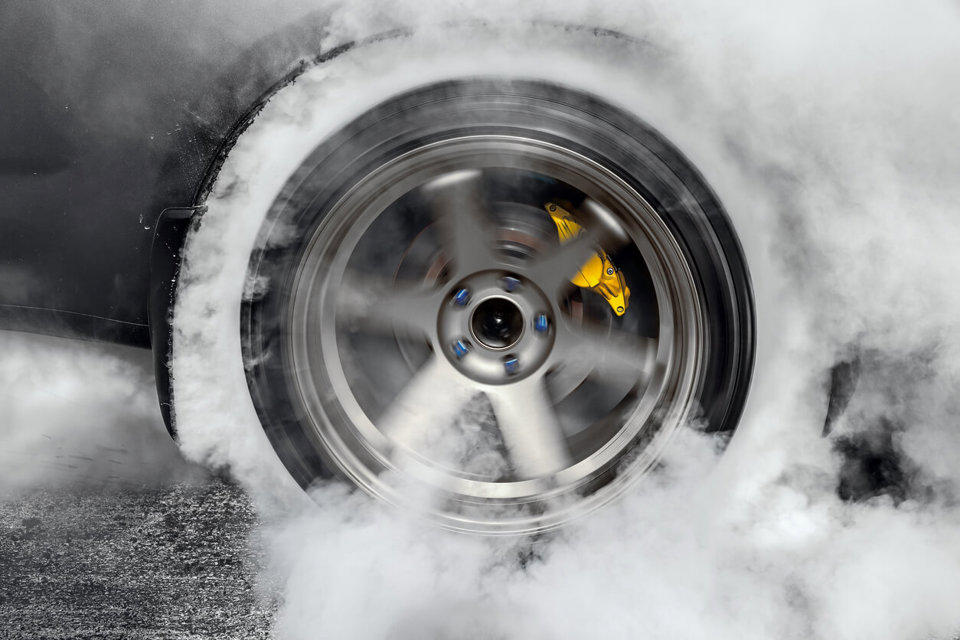Fleet managers, especially those with outright purchase vehicles or those on non-maintenance contacts, have been warned about replacing run-flat with standard tyres to cut costs.
TyreSafe said it is getting reports of motorists looking to reduce costs by swapping from run-flats to standard tyres.
“By choosing these standard tyres, drivers risk significantly changing the handling characteristics of the vehicle which could increase their chances of being involved in an accident,” said Stuart Jackson, chairman, TyreSafe.
“As a general rule, we would always recommend that driver’s only replace run-flat tyres with a similar product.”
It is possible – and cheaper – to swap from run-flat to standard tyres. One retailer was offering standard tyres at £54 each fitted compared to £95 each for run-flats.
“You have to be careful, but it can be done,” said Steve Dolby Michelin product marketing manager car, van and 4x4. “We know it is going on and that it is happening quite a lot.”
Dolby’s advice is if you intend to swap then always fit tyres that have been approved for the vehicle. For example, some Mini cars that come with run-flats are also now available with standard tyres and it is these that should be used if you intend to swap over.
There are other issues with run-flats in addition to their cost premium. One of these is that they cannot generally be repaired, as the British Tyre Manufacturers Association states:“In the interests of safety, BTMA does not recommend the repairing of self-supporting tyres.” However, some manufacturers do allow repairs to run-flats depending upon the damage.
“The retro-fitting of conventional tyres to vehicles originally fitted with run-flat tyres will remove the vehicle's run flat capability, potentially leaving the driver immobile in the case of a deflation,” said the BTMA.
So before changing to standard tyres, fleet managers must provide a puncture repair kit and make drivers aware that they will lose their run-flat ability so must stop when a puncture warning appears on the dashboard.
It is also advised that all four tyres be changed at once as running standard tyres and run-flats on the same car can adversely affect handling.
“The handling and performance characteristics of run-flat tyres are different to that of conventional tyres, and so they must not be intermixed on a vehicle,” warns the BTMA.
However, it should also be remembered that manufacturers of cars with run-flats fitted as standard have designed the suspension and handling to cope with the additional stiffness of the run-flat tyres’ sidewalls and so swapping to standard tyres could well compromise handling.
“When replacing run-flat tyres, it’s very important that driver’s consult with the vehicle manufacturer if they are thinking about using non run-flat tyres,” said Jackson.
“Run-flats have much stiffer sidewalls than those in traditional tyres and this is taken into account by vehicle manufacturers when they design their suspension and steering systems. By switching to tyres that do not use run-flat technology, the handling of the car can be dramatically altered and it may become unsafe, particularly during extreme manoeuvres.”
Do
- Always get advice from the carmaker before swapping from run-flats
- • Always replace all four tyres at once
- • Equip cars with puncture repair kits if you swap from run-flats
- • Advise drivers that their tyres no longer have run-flat capability and that they must stop if the dashboard puncture warning appears
















Login to comment
Comments
No comments have been made yet.